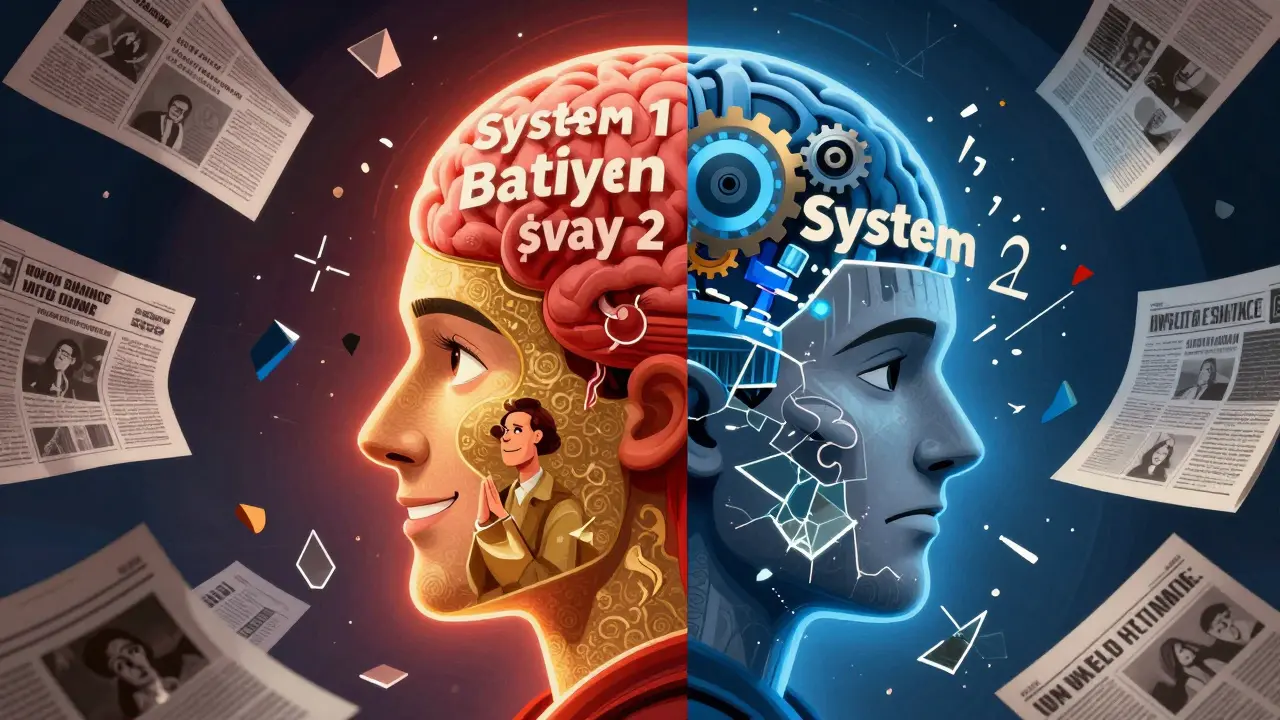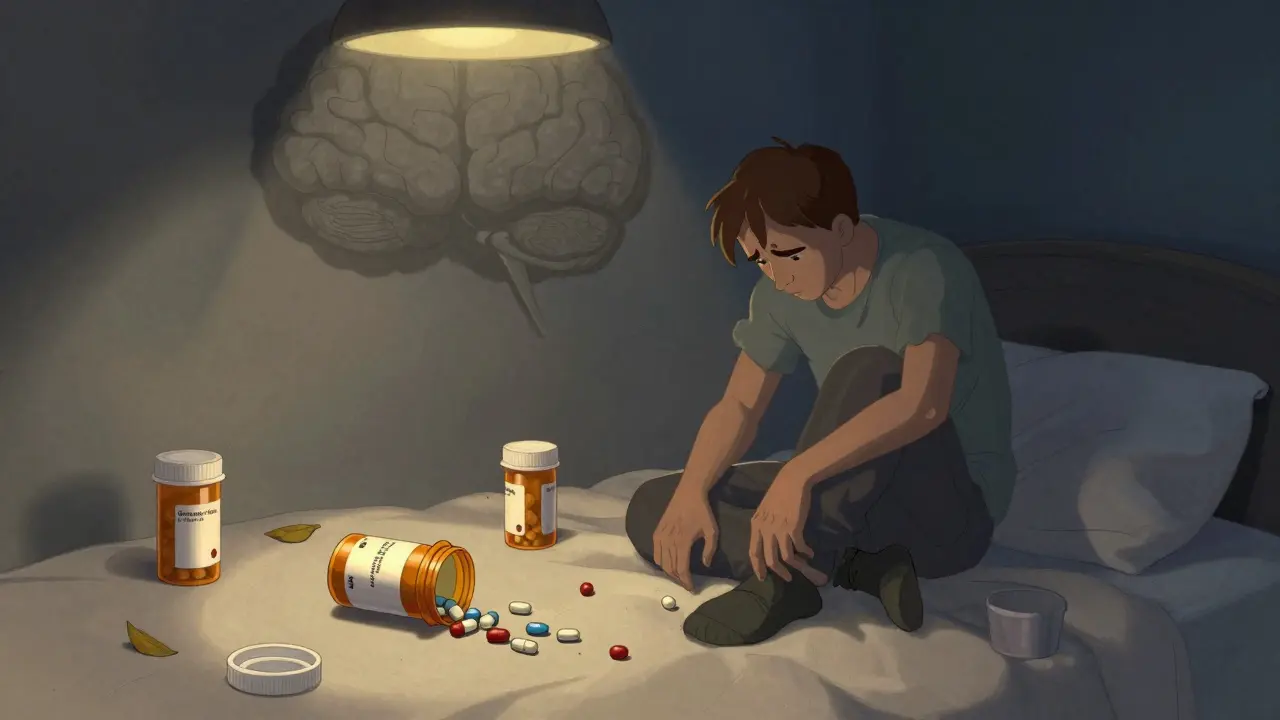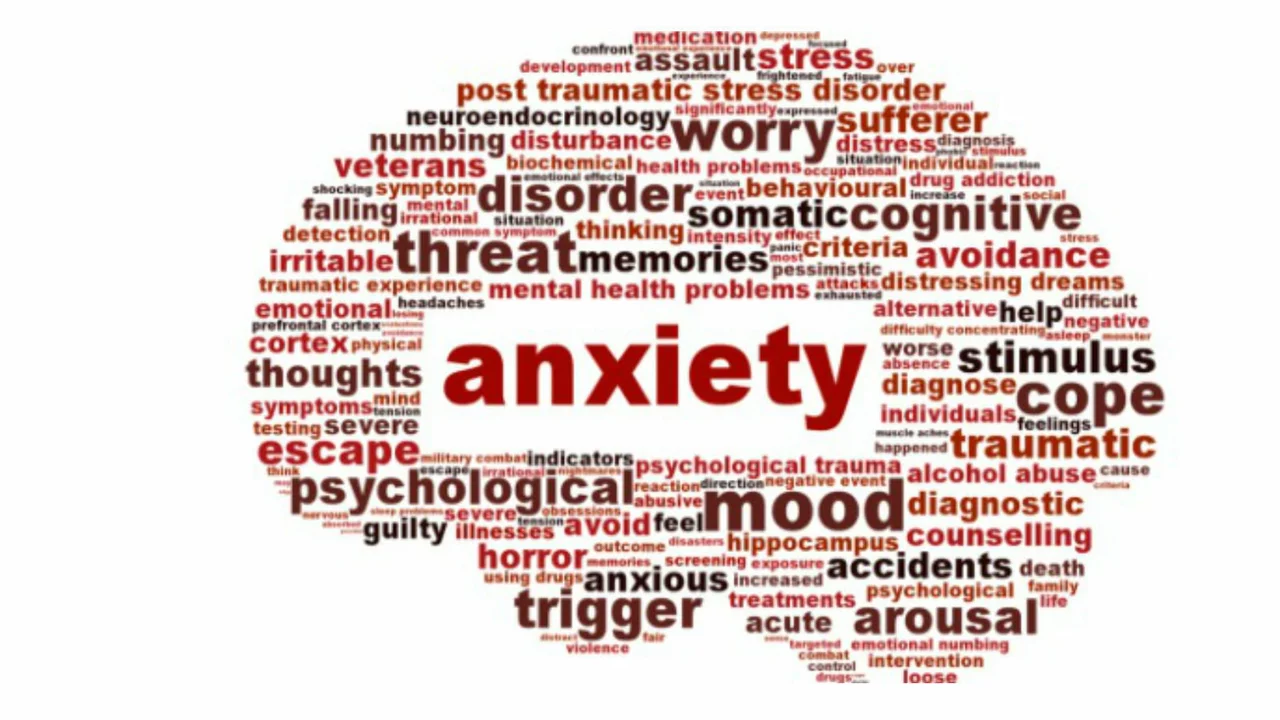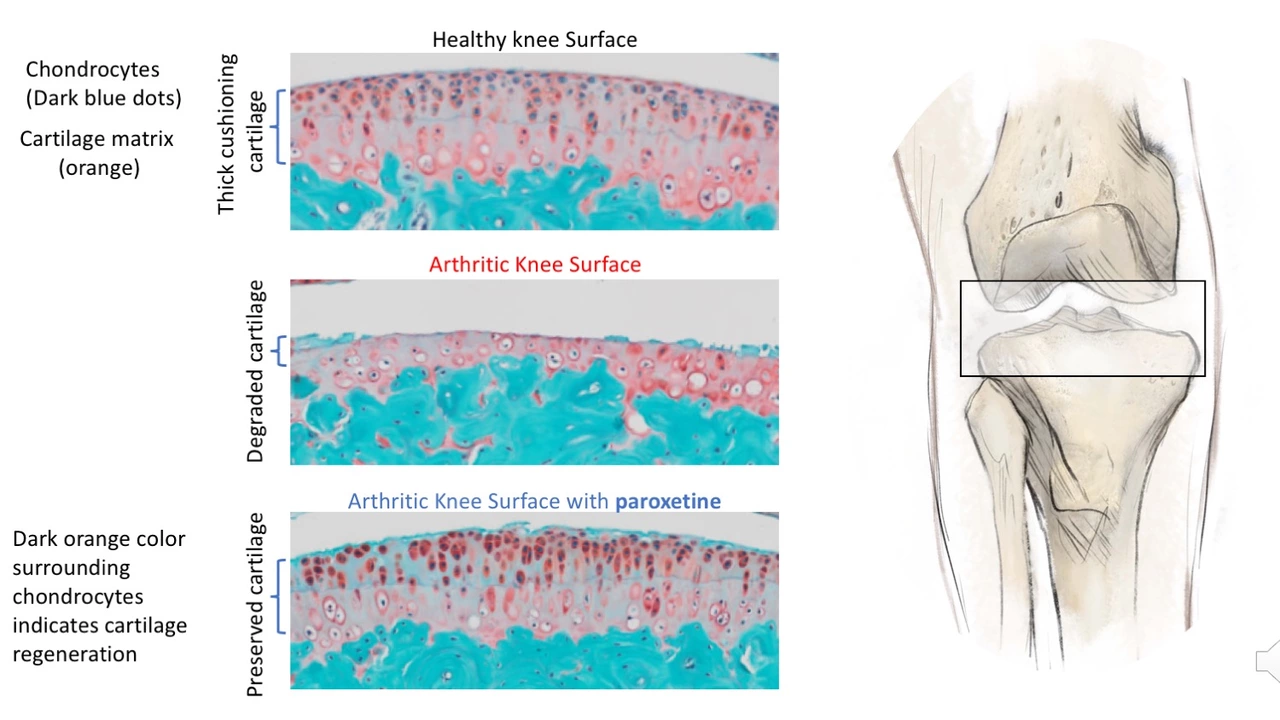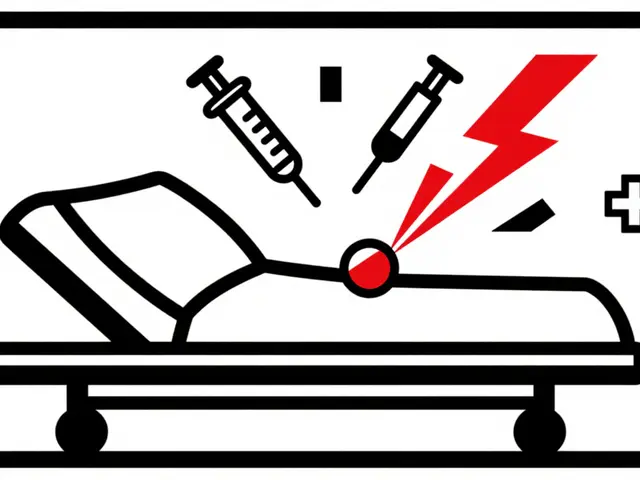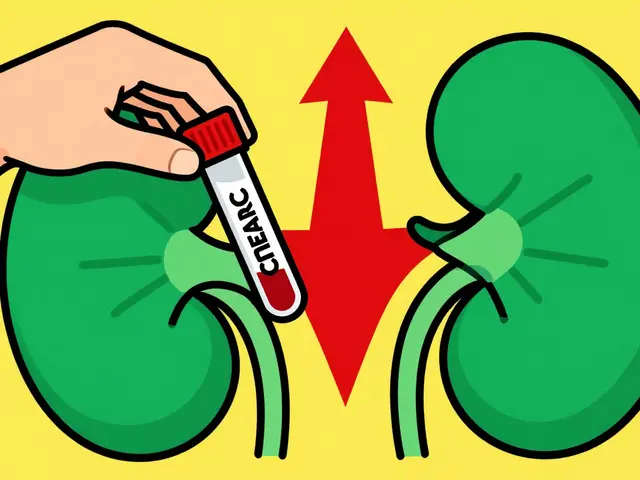Mental Health Resources: Practical Tips and Real Stories
Feeling overwhelmed by stress, sadness, or fear? You’re not alone. Mental health affects everyone at some point, and the good news is there are clear actions you can take right now to feel better.
Understanding Common Conditions
Depression often shows up as a heavy blanket of hopelessness that makes everyday tasks feel impossible. Anxiety, on the other hand, fuels racing thoughts and physical tension. Both can swing between mild and severe, but recognizing the signs helps you act fast.
Post‑traumatic stress disorder (PTSD) is another reality for many people who have lived through trauma. Flashbacks, nightmares, and constant alertness are classic symptoms. Knowing that PTSD can also link to other challenges—like intimate partner violence—makes it easier to seek the right support.
Natural & Medical Options
If medication feels too heavy, natural alternatives might fit your style. For example, some turn to St. John’s Wort, valerian root, or passionflower to ease mild depression and anxiety without prescription side effects. Adding regular exercise, meditation, and a balanced diet can boost those benefits.
When a doctor recommends medication, it’s worth looking at what works best for you. Paroxetine is a popular antidepressant that many report helps lift mood and sharpen focus. Doxepin, another option, sometimes causes unwanted drowsiness, prompting people to explore the natural routes mentioned above.
Every path has pros and cons, so talk with a healthcare professional before changing anything. They can help you match a treatment—whether it’s a pill, supplement, or lifestyle tweak—to your specific needs.
Beyond treatments, building a support network matters. Sharing experiences, like reading personal stories about PTSD and relationship stress, reduces isolation. Knowing that others have faced similar struggles can motivate you to keep moving forward.
Practical steps you can start today include: writing down three things you’re grateful for each night, setting a 10‑minute walk routine, and limiting caffeine if anxiety spikes. Small habits add up quickly.
If you ever feel like thoughts are spiraling out of control, reach out to a trusted friend or call a local helpline. Immediate help is always available, and asking for it shows strength, not weakness.
Remember, mental health isn’t a fixed state—it’s something you can improve with the right tools and support. Use the tips here, explore both natural remedies and medical options, and keep checking in with yourself regularly.

